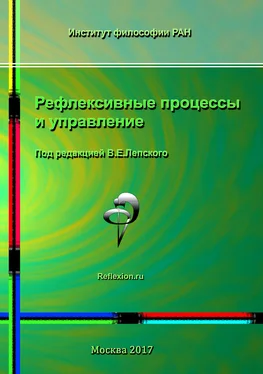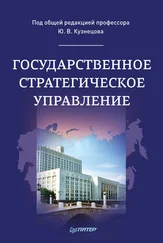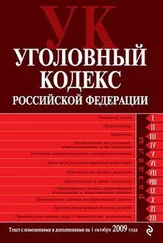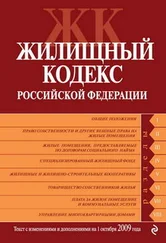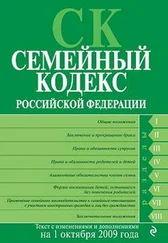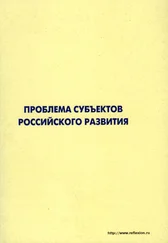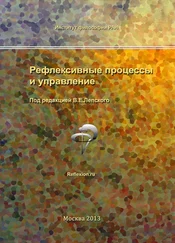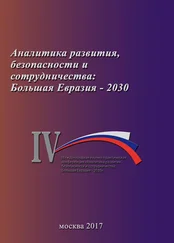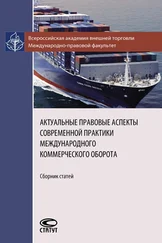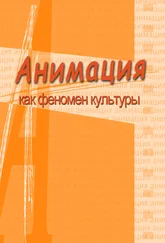A second interpretation of second order cybernetics was that including the observer in science would involve social concerns, since these exist in the minds of observers. At the time a third order cybernetics was thought not to be necessary, since reflection would be sufficient to encompass both the biology of cognition and the influence of society on the development of science. However, third order cybernetics could be interpreted to mean a concern with the evolution of society, with the interaction between ideas and society and with the invention and dissemination of ideas which, if they became widespread, might aid the development of society (Umpleby 1999, 2002). This presentation will consider this interpretation of third order cybernetics by looking at the evolution of society as a series of problem-solving experiments.
The book by Acemoglu and Robinson (2012), Why Nations Fail, suggested that there are two processes in creating a successful nation. The first process requires creating a centralized authority that has the ability to combine resources and use them for the purposes of the society. The second process is the development of institutions and social arrangements that guide the use of resources for the development of society as a whole, not just for the benefit of elites. To illustrate the importance of institutions compared with culture, climate or geography Acemoglu and Robinson cite many examples. Nogales, Arizona, in the U.S. and Nogales, Mexico, are just across the border from each other. The populations are very similar in language and religion. But the residents in Arizona have higher average incomes and quality of life than residents in Mexico because the institutions (schools, police and courts) work better in Arizona than in Mexico. Other examples of institutional differences being more important than culture and geography are East and West Germany and North and South Korea. The authors note that countries can change their economic trajectories by changing their institutions, as has happened in China and Russia in recent decades.
The book Social Inventions by Stuart Conger (1974) offers a list of past social inventions which illustrate the long history of innovations in countries around the world. A social invention is a new law, organization or procedure that changes the ways people relate to themselves or to each other, either individually or collectively. Conger‘s book lists innovations in the areas of education, social services, economics, government, psychology, law, and voluntary organizations. Donald Campbell (1969) spent his career describing how to design social experiments to test the effectiveness of government programs. The more recent work on quality improvement methods is another way of improving institutions in both business and government(Walton 1986).
Presently there is growing interest in systems science in "translating" knowledge so that it is easier for practitioners to use it. The intent is to minimize jargon and maximize the utility of knowledge. Applied knowledge is very important, particularly for transdisciplinary fields. However, if we devote too much attention to translation or technology transfer or applications, we may miss some opportunities. Understanding systems theories developed in other societies requires understanding the problems that people in those societies are trying to solve. Theories are answers to questions. One cannot fully understand a theory until one first understands the question that gave rise to the theory (Umpleby 1999).
In universities around the world people use essentially the same theories and methods in the physical sciences. In legal systems there has been convergence between North America and Europe due to the recent growth of the European Union and the desire to facilitate trade by adopting similar rules and procedures. In biology there are some differences in how medicine and agriculture are practiced. In social, political and economic systems there is great variety and much to learn from other societies.
Do societies develop similar ideas eventually as they encounter situations requiring those ideas? Or do they develop different solutions to similar problems? Or are they trying to develop in different directions? If the latter, what explains the difference? Since scholars now interact globally rather than nationally, we have new opportunities to learn from each other. If societies can preserve and enhance their traditions, while learning from other societies, we should experience a remarkable flowering of human society. My particular interest is in methods of governance which enable societies to be secure, stable and innovative.
Our thinking about how to improve our societies has changed from revolution or reform to evaluating government programs with controlled experiments (Campbell 1969), to expanding our conception of science (Umpleby 2017), to noting the importance of institutions and engaging in multi-country studies (Acemoglu and Robinson 2012) and the deliberate design of experiments (Dunn 1998).
References
1. Acemoglu, Daron & James A. Robinson. (2012). Why Nations Fail: The Origins of Power, Prosperity, and Poverty. New York: Random House, 2012.
2. Campbell, Donald T. (1969). "Reforms as Experiments." American Psychologist, 24 (4), pp. 409–429.
3. Conger, D. Stuart. (1974). Social Inventions. Prince Albert, Canada: Saskatchewan Newstart, 1974.
4. Dunn, William N. (1998). The Experimenting Society: Essays in Honor of Donald T. Campbell. Transaction Publishers, 232 pages.
5. Lepskiy, V. (2010), Reflexive and Active Environments of Innovative Development, "Kogito-Center" Publishing House, Moscow (in Russian). http://www.reflexion.ru/Library/Lepsky 2010a.pdf
6. Lepskiy, V. (2015a), Evolution of concepts about control (methodological and philosophical analysis, "Kogito Center" Publishing House, Moscow (in Russian). http://www.reflexion.ru/Library/Lepskiy2015.pdf
7. Lepskiy, V.E. (2015b). "Economic cybernetics of self-developing environments (third-order cybernetics)", Management sciences. No. 4, pp. 22–33 (in Russian). http://www.old.fa.ru/dep/upravnauki/Documents/%D0%A3%D0%9D4 2015. pdf
8. Umpleby, Stuart & Eric Dent. (1999). "The Origins and Purposes of Several Traditions in Systems Theory and Cybernetics."Cybernetics and Systems: An International Journal, 30:79-103.
9. Umpleby, Stuart. (2002). "The Design of Intellectual Movements." Proceedings of the annual meeting of the International Society for the Systems Sciences, Shanghai, China, 2002.
10. Umpleby, Stuart. (2017). "How Science is Changing." Cybernetics and Human Knowing, 24(2), pp. 89–91.
11. Walton, Mary. (1986). The Deming Management Method. New York: Perigee.
Igor Perko(University of Maribor, Slovenia), Raul Espejo(World Organisation of Systems and Cybernetics, UK)
Big data analytics organisational learning
Abstract . Purpose.We will identify the potentials that big data analytics (BDA) have on the of the learning processes of an organisation. We are particularly interested in the speed of these learning processes;on the memorising and sharing of knowledge, on the ability to recognise the environmental feedback information and on the impact to micromanaging internal organisational processes. Design/methodology/approach.To assess the current state, we offer a theoretic background of the organisational learning processes and the BDA related research reports. To analyse the BDA supported organisational learning processes, we invoke the Viable system model (VSM) and especially the Viplan methodology. Based on the results, a universal BDA supported organisation learning model is proposed. Findings– A universal organisational model, focusing on BDA supported learning processes. Originality/value– to elaborate an organisational learning model, encapsulating the BDA toolset. Research limitations– the proposed results rely on published research reports and arenot validated in a real life experiments. Research/Practical/Social/Environment implications– For the researchers the model will provide a new organisational paradigm and articulate multiple research directives. Members of the professional community will better understand the BDA potentials for organisational learning.Because of the universality of the model, it will have the potential to be applied on all organisational levels, ranging from individualsto society and environment.
Читать дальше
